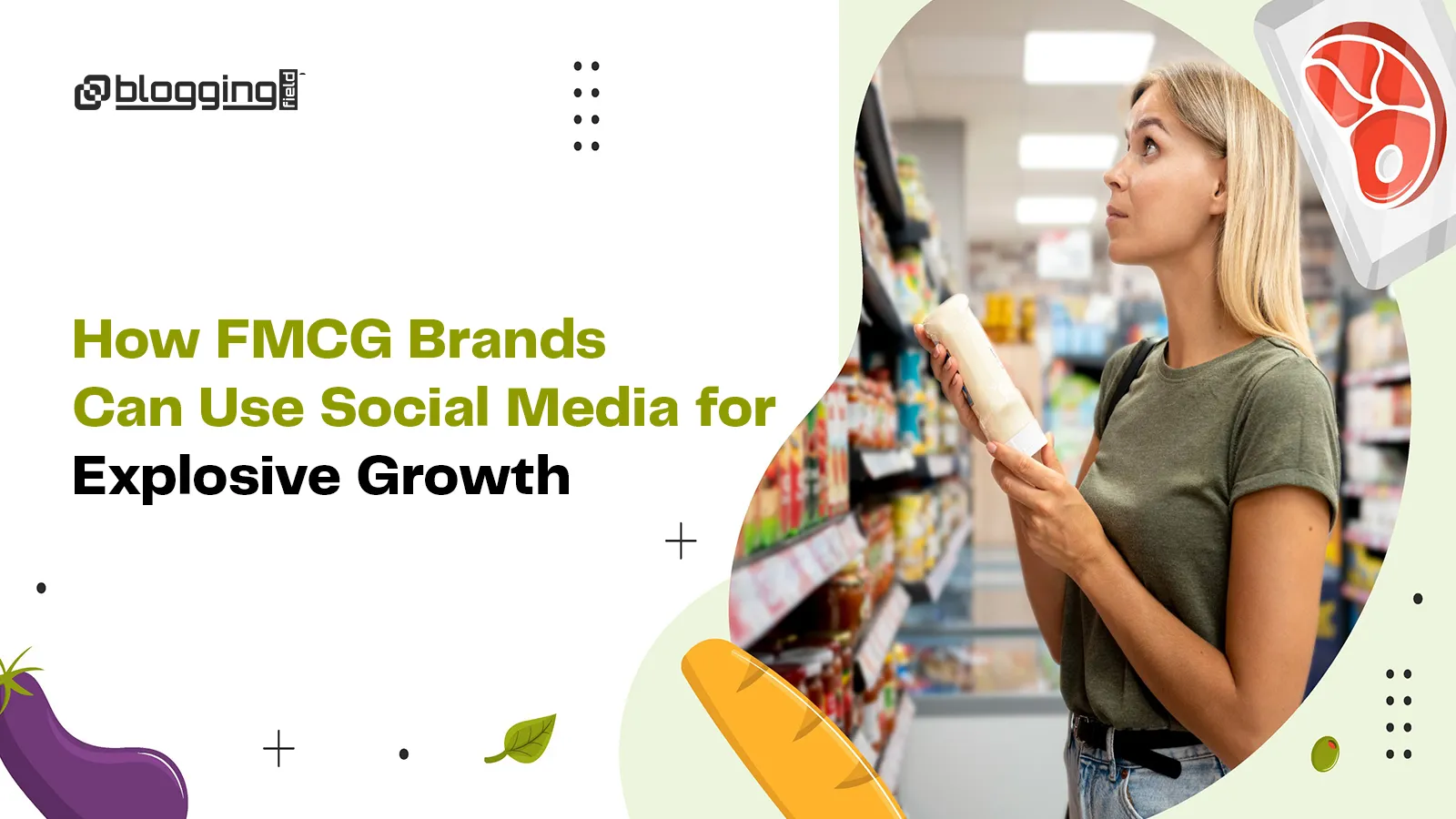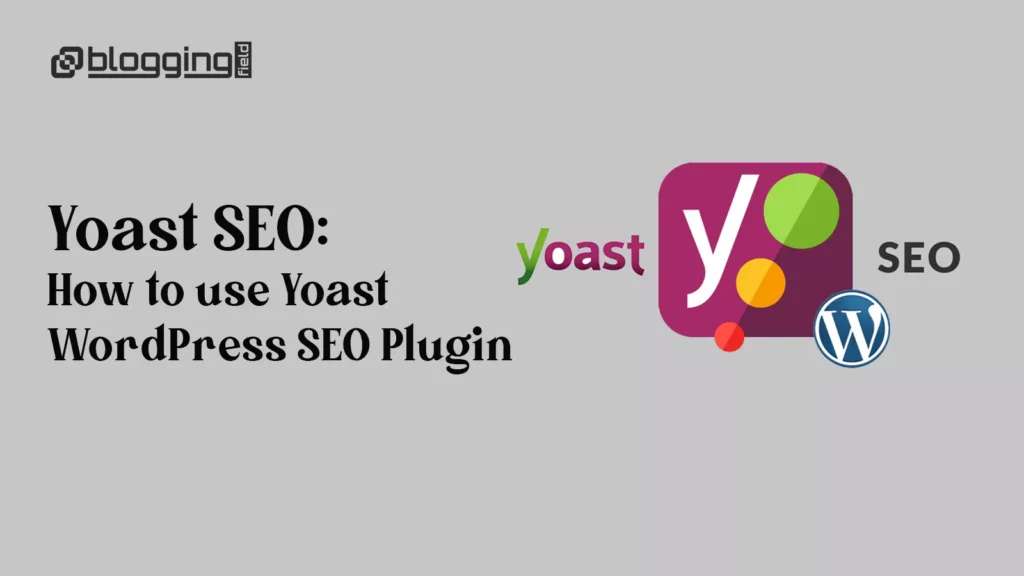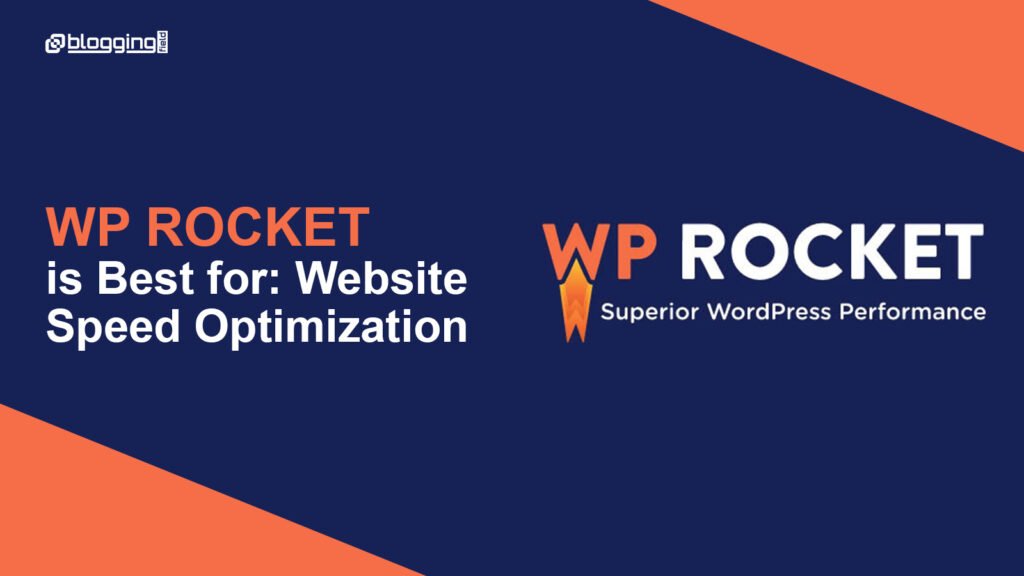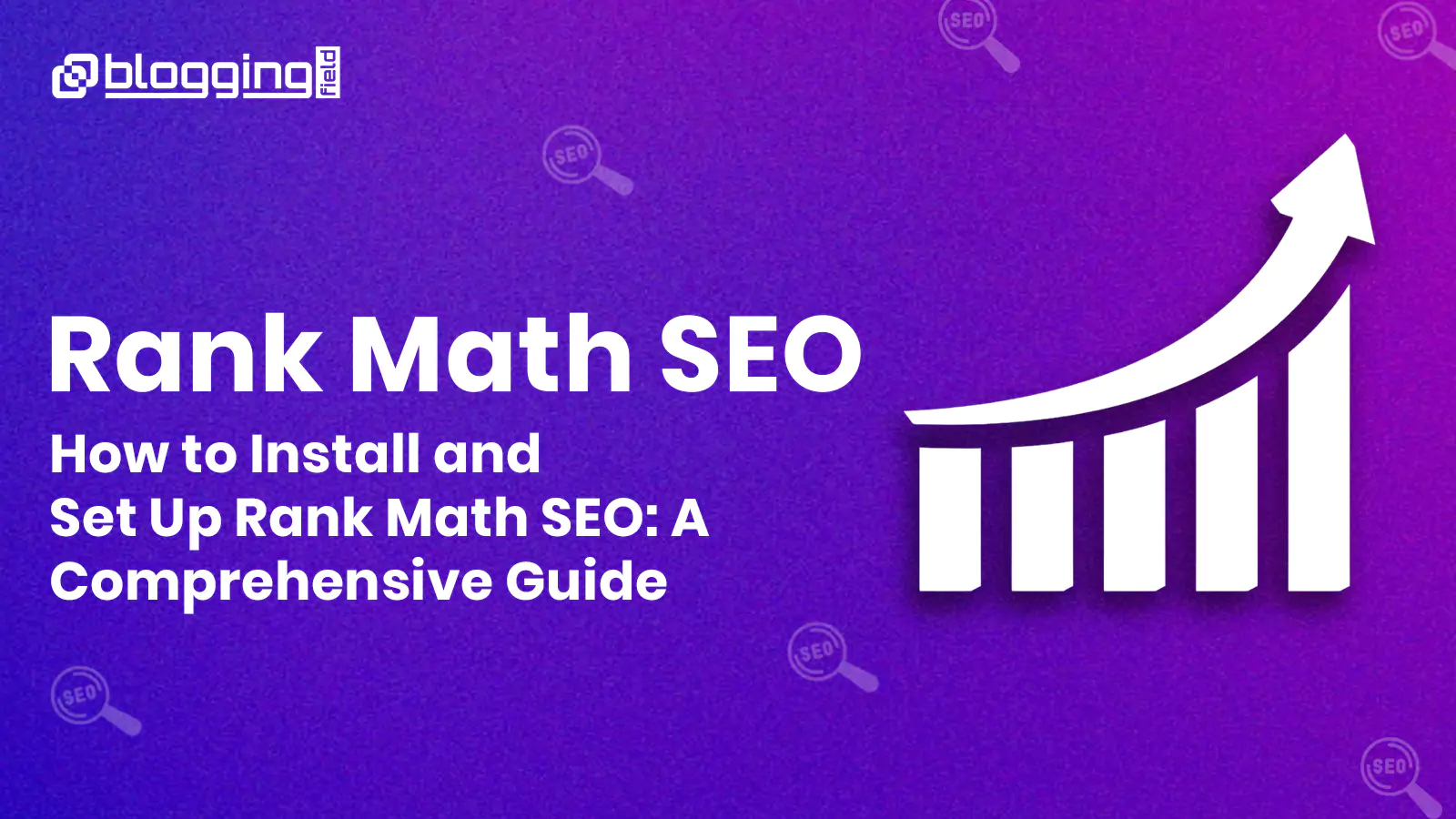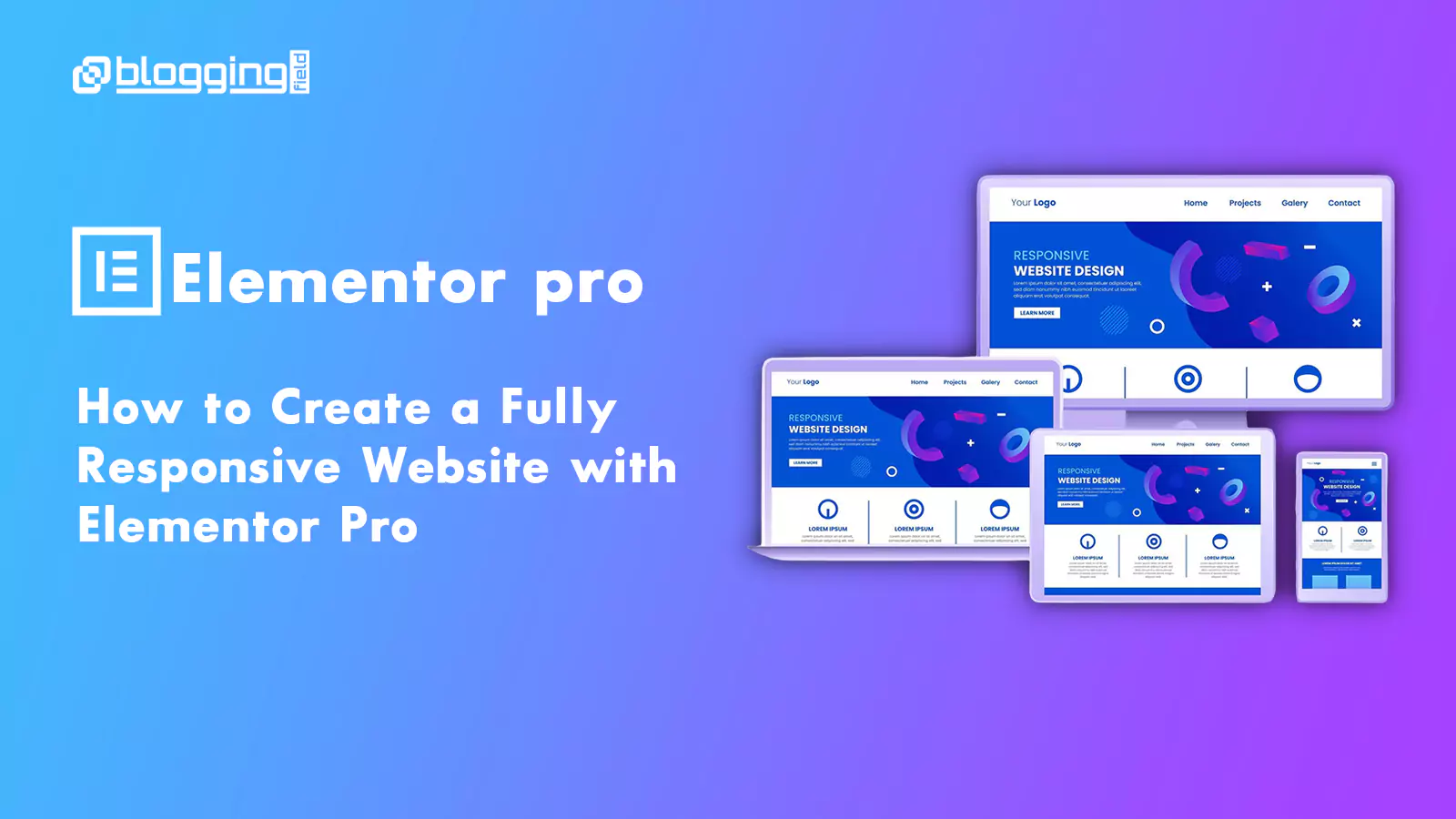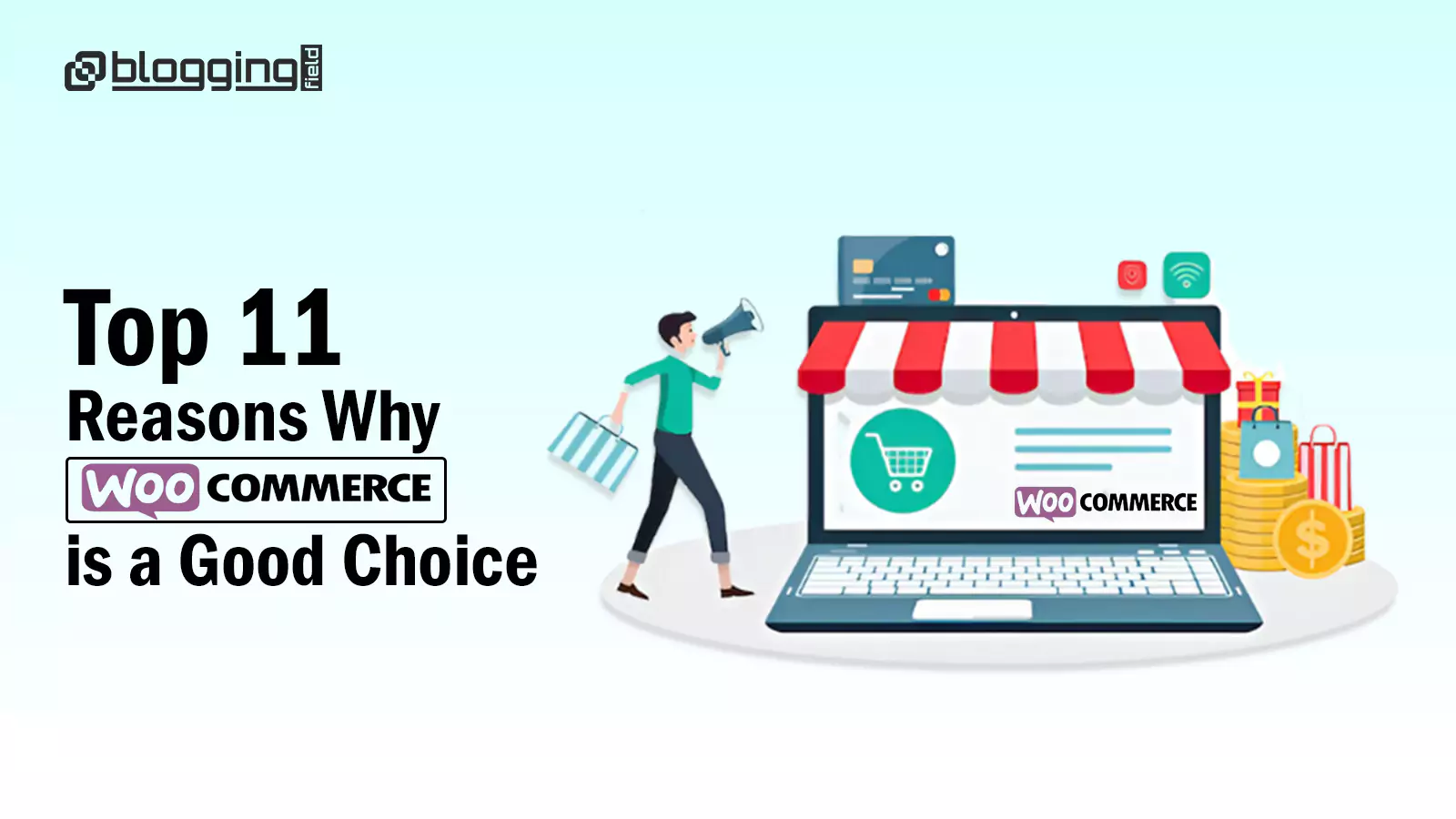Introduction
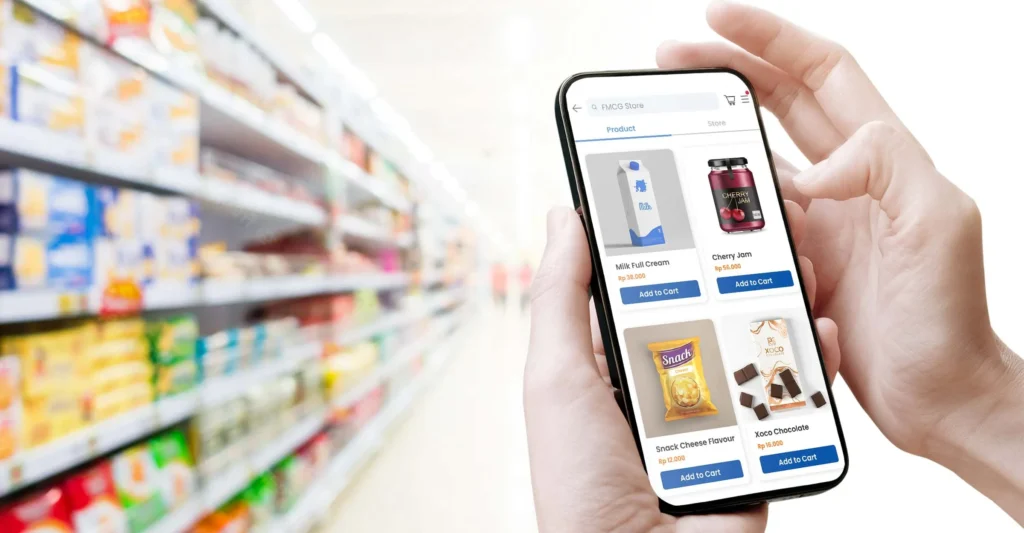
What is FMCG Social Media Marketing?
Key Aspects of FMCG Social Media Marketing:
Brand Awareness
FMCG brands use social media to increase visibility and familiarity among a broad audience. Platforms like Instagram, Facebook, and YouTube are ideal for creating memorable brand stories.Consumer Engagement
FMCG marketing focuses on building relationships with consumers through interactive content like polls, contests, user-generated content, and influencer collaborations.Product Launches & Promotions
Social media is a powerful tool to announce new products, seasonal campaigns, limited-time offers, or discounts, creating urgency and excitement.Influencer Marketing
FMCG brands often collaborate with influencers to reach niche audiences and build trust quickly. For example, a food brand may partner with a health influencer to promote a new snack.Content Strategy
Content typically includes videos, tutorials, recipes, customer testimonials, memes, behind-the-scenes footage, and storytelling — all tailored to resonate with the target demographic.Data-Driven Campaigns
Social media platforms offer real-time analytics, allowing FMCG marketers to optimize campaigns based on engagement, reach, conversions, and customer feedback.Customer Support & Feedback
Many FMCG brands use social media as a customer service channel to respond to inquiries, manage complaints, and gather feedback.
Why is Social Media Important for FMCG Brands?
1. Massive Reach & Visibility
2. Real-Time Consumer Engagement
3. Fast & Cost-Effective Marketing
4. Influencer & User-Generated Content
5. Platform for Promotions & Launches
6. Consumer Insights & Trend Monitoring
7. Storytelling & Brand Building
8. Omnichannel Experience
Conclusion
Frequently Asked Questions (FAQs)
Which social media platform is best for FMCG brands?
Instagram work best for visual appeal, while Facebook is great for ads and community building.
How do FMCG brands use influencers effectively?
Partner with micro-influencers for authentic reach.
Run UGC campaigns to build trust.
How can FMCG brands measure social media success?
Track engagement rate, click-through rate (CTR), conversion rate, and ROI from ads.

